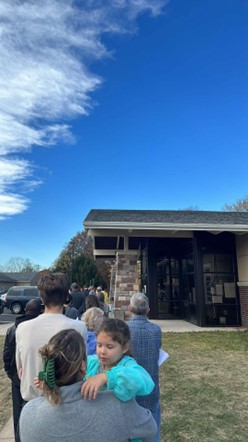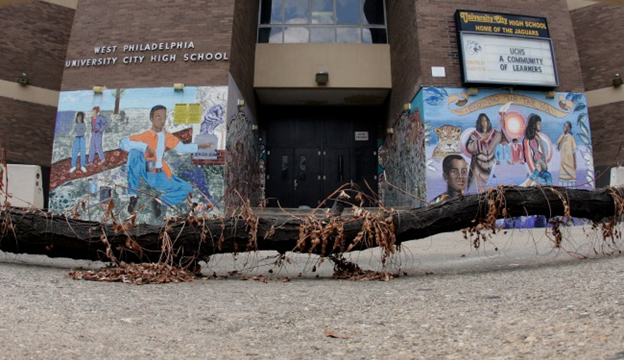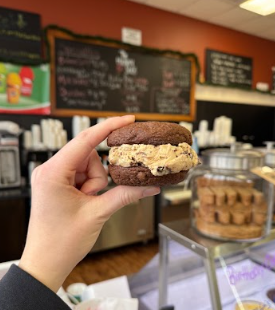In the United States, 18-year-olds can vote, enlist in the military, and even face life-or-death responsibilities overseas. Yet, the law prohibits them from enjoying a simple beer. This inconsistency not only undermines their autonomy but often sets them up for legal trouble. Lowering the drinking age to 18 is a necessary step toward aligning our laws with the responsibilities we entrust to young adults.
Critics, however, worry about the potential risks of lowering the drinking age. “Eighteen is too young,” argued Alicia Jackson, mother of two, who opposes the change. “Kids that age are still figuring out life. Adding alcohol into the mix can increase accidents and poor decisions.” Her concerns reflect the fears of many parents, who cite studies linking underage drinking to higher rates of DUIs and alcohol-related health problems. While these concerns are valid, they ignore a key factor: the current law hasn’t stopped underage drinking—it’s only pushed it underground. According to the Centers for Disease Control and Prevention (CDC), there are about 4,000 alcohol-related deaths among underage individuals each year in the U.S. In contrast, in countries like Germany and France, where the legal drinking age is lower, alcohol is treated as part of the culture. As a result, young adults there learn to drink responsibly earlier.
Supporters argue that lowering the drinking age would reduce instances of illegal drinking and promote responsibility. “At 18, we’re expected to handle so much—school, jobs, and even military service,” said Collin Nyce, a current senior at Pennridge High School. “But people our age drink in secret without proper supervision because the law treats us like kids. That’s when accidents and bad decisions happen.” His point highlights the dangers of underground drinking, where binge consumption often occurs without supervision or accountability. Allowing adults to drink legally at 18 would encourage safer, more open environments, such as bars or family gatherings, where moderation can be reinforced.
Lowering the drinking age would also reduce the legal consequences young adults face for minor infractions. Underage drinking charges can haunt individuals for years, affecting job prospects and other opportunities. By setting the age at 18, we can spare young people from extreme legal records while still addressing serious offenses like DUIs. It’s time we trusted our young adults with the responsibility we already demand of them in so many other areas of life. By lowering the drinking age to 18, we can create a culture of responsibility, reduce unsafe drinking practices, and resolve the glaring inconsistencies in our laws.
Sources:
https://drinkingage.procon.org/
https://www.epi.org/blog/alcohol-service-age/
https://www.britannica.com/story/pro-and-con-lower-the-drinking-age





